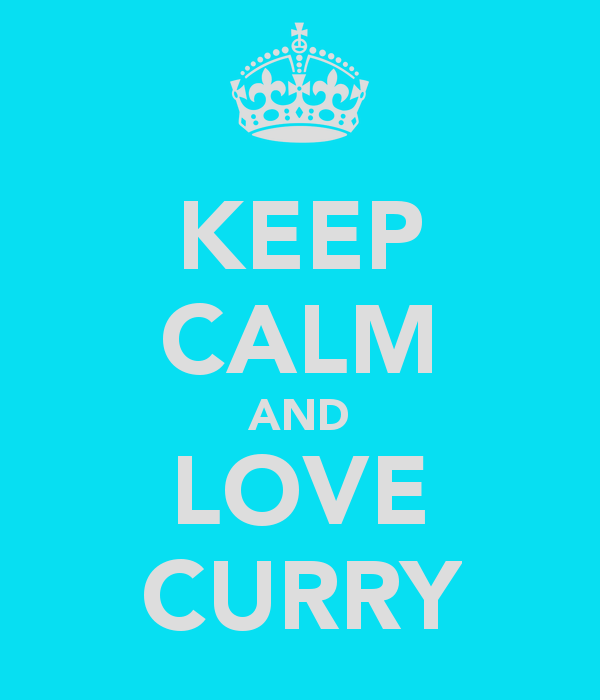It is not often that one meets a chef and food writer who is an ex British RAF pilot, a stage lighting specialist an an expert on all things curry. But then again Pat Chapman is not your regular bloke. This bright-eyed 64-year-old has visited India 44 times and his personal roots lie firmly intertwined with the history of India. It is not much of a surprise that Chapman carries the sobriquet of Curry King confidently and is as eloquent with his knowledge of the different masalas and spices as he is deft with preparing dishes based on andaaz. Recently in town for a special demonstration on marinades and grills, Pat Chapman held forth on what curry meant for the British people and how he has in his own way tried to popularize the concept without owning a restaurant, or manufacturing ready-to-eat TV dinners a la Sir Noon to the populace, thus making it nearly as ubiquitous as the neighbourhood fish and chips in 21st century UK.
According to old family records and his grandmother's stories, Pat Chapman can trace his history right back to the first British presence in the country. In a tale that reads straight out of a great East-West novel, Chapman's great great great grandfather came to India with the East India Company merchants way back in 1715. Not too much is known of this period and it is only in the the mid-19th century that the trail picks up again with his great grandfather who was enlisted in the British army and was living in India with his wife and infant daughter. As the tide of favour turned against the ruling powers and found expression in the 1857 Sepoy Mutiny, great violence ensued throughout the country. Chapman's great-grandfather and his wife were killed and the little daughter ended up as the sole survivor of the family. Although she was raised in England, the moment she came of age, she returned to India to study at the St Joseph's College, Nainital and lived here till things got unpleasant for the Raj. Her daughter, Patrick's mother was also born in Nainital. When his grandmother did return to England, she carried with as a legacy, a wealth of culinary knowledge from the country. And it was this legacy that she passed on to her grandson Patrick.
Patrick grew up eating Indian food at a time when it was a rare thing in England. "I remember in those days there were 6 Indian restaurants in all of Britain while today, there are over 9000. Things are very different now and everything is available in your local mom n pop store. When I was young, I remember my grandmother ordering spices from the chemist as that was the only chance of getting a hold of them," says Chapman.
Growing up in the wake of a post World War II England, Patrick developed an interest in curry as a hobby. Since he had grown up eating Indian food, he decided to take his interest and knowledge a step forward by helping out friends, colleagues and acquaintances with recipes and information about spices. In keeping with this, he founded the Curry Club, an offline social network (this was 1982) to disseminate information about Indian curries. This hobby expanded into a full-time profession and very soon, Chapman was a consultant, cookery show host and food writer with his recipes and knowledge about Indian food making him a much coveted expert in the field. It is thus quite apt that Pat Chapman was in fact invited by the Kerala government to give a talk on spices at an agricultural fair.
According to Chapman, the term 'curry' which has been appropriated into the British culinary vocabulary today, is a word that is unmatched by anything else from another geography or another cuisine. "The word curry describes a dish, a meal and the food of a nation and I don't think that there is anything quite like it," says Pat Chapman. Chapman who travels across Britain giving cooking demonstrations and teaches amateur as well as first-time cooks the nuances of spices, encouraging them to move beyond the Chicken Tikka Masala and its clones realizes that the diversity of Indian food is far too great to be captured by curries alone. "Since the earliest settlers and consequently the earliest restaurants in England were the Punjabis, that is also the Indian food which has remained most popular in the nation. Today, we have broken away from the stereotypical pastiche of Indian food that used to dot every menu in London. Chefs are introducing regional cuisine as well as fusion," says Chapman even though he remains a purist who loves the authentic and often fiery nature of curry rather than hybrid versions of the same.
Chapman stands as a beacon of Indian food in a foreign land helping make it global, accessible and giving it the recognition that it deserves. He is the undisputed curry king who loves his Goan Vindaloo which he believes gets its right flavour only with the hard-to-get toddy vinegar and the high levels of heat that might make most people squirm, but rests easy in the belly of the 'Curry King' .
(this was published in the New Indian Express, Bangalore on 1 November 2014)

No comments:
Post a Comment